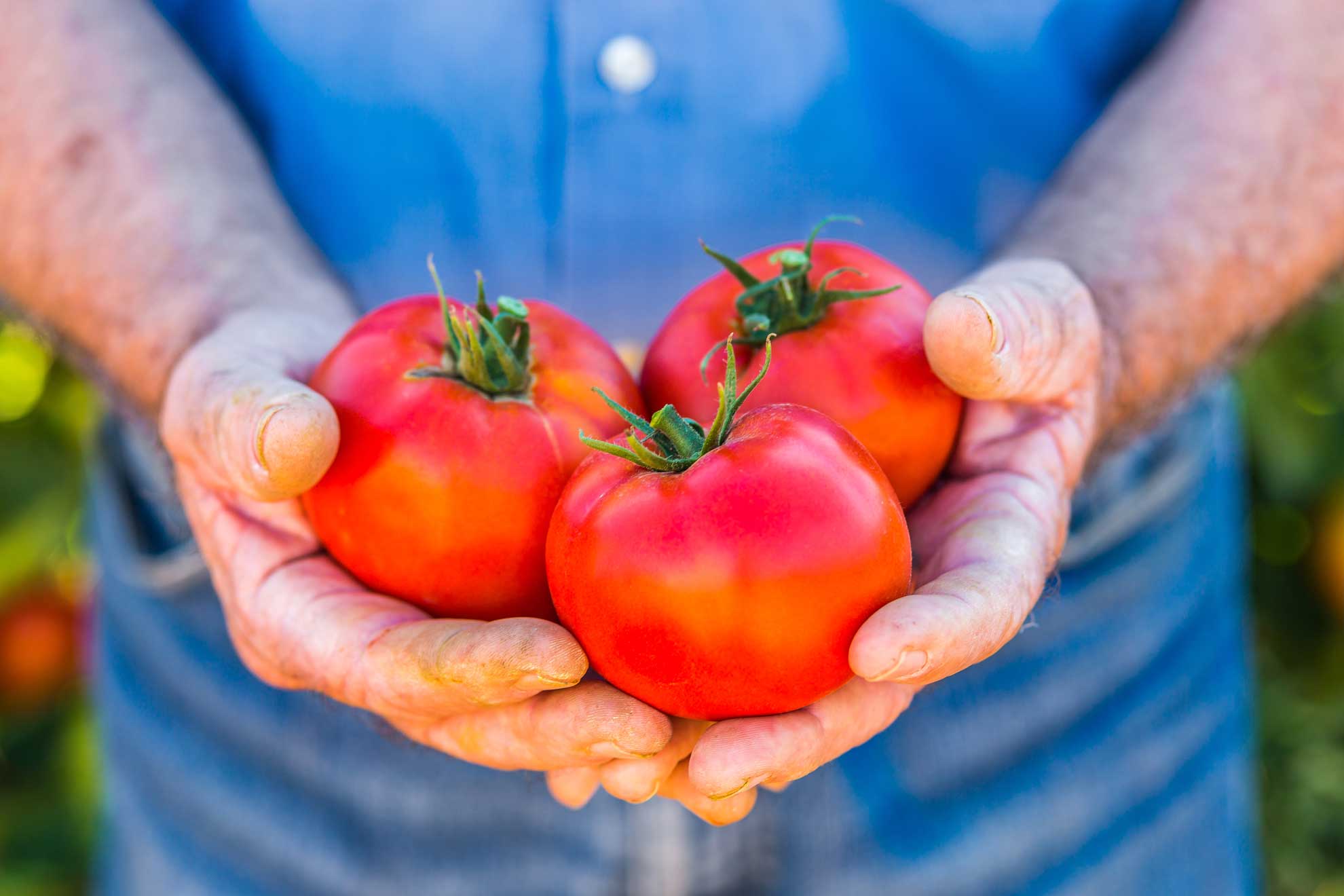
When growing our own crops, we sometimes tend to notice inconsistencies between the many different crop cycles. You may have an exceptional crop cycle, as the yields are plentiful and abundant, while others are barren and insufficient. This leaves many farmers and crop growers left wondering why one crop cycle did better than another, and what they can do to make the absolute most out of each and every harvest, rather than every other yield. As we know, there are many different factors and various elements that can play a crucial part in the outcome of any crop yield. MicrobeBio understands these various aspects will occur, which is why our products are designed to address the plant’s most crucial needs, starting in the soil and working its way from the roots up!
In the soil, are naturally occurring microscopic populations of bacteria and other microorganisms that are extremely beneficial to a plants health and vigor. These microorganisms are living freely in the dirt in which the crops are grown in, available to use by the plant. The problem is, however, that after a crop cycle is concluded, most of the microorganisms have been either used up by the plants or stripped away due to the techniques used to harvest the crops. Once these beneficial microbes and bacteria are no longer present in the soil, the plants become more and more susceptible to pests and plant disease as the crucial microorganisms are less available to aid in the plant’s growth and proper development.
MicrobeBio has a team of scientists who are individually specialized in Microbial Technology, each who stand behind our exceptional products. These scientists have identified over fifty strains of beneficial microbes and bacteria that are needed in order to restore the soil’s microbial state, for long-term sustainability of future generations of crops. These strains of microbes and bacteria are a special biological blend, in which all work together in harmony in order to cultivate the nutrients needed for the plants, all the while restoring the soil to its natural microbial state.